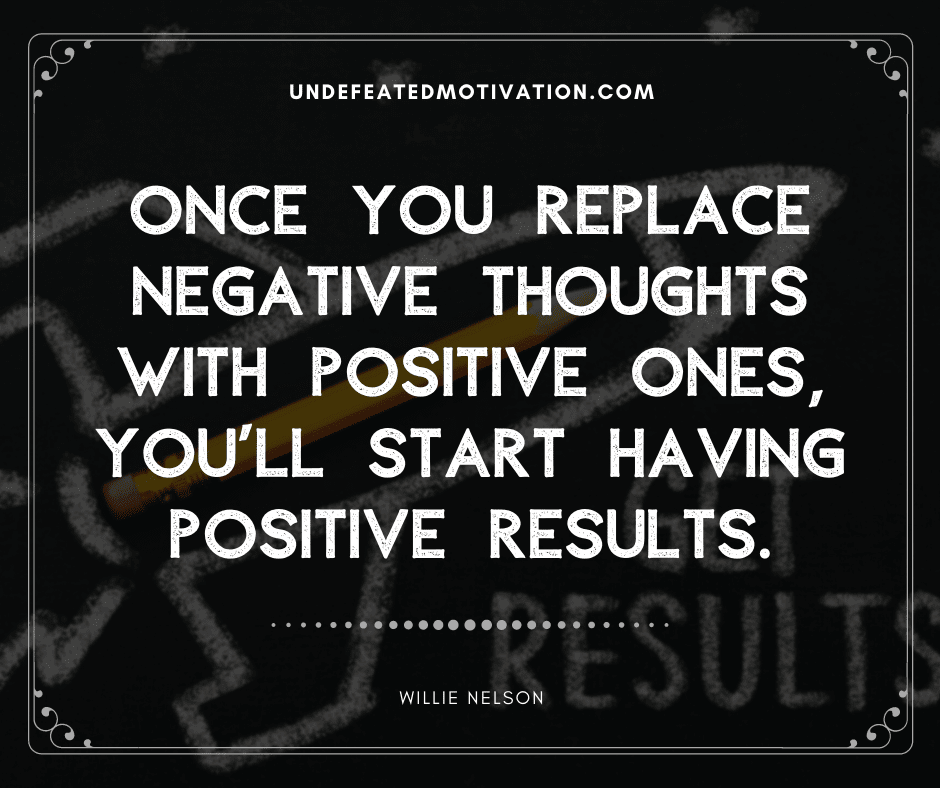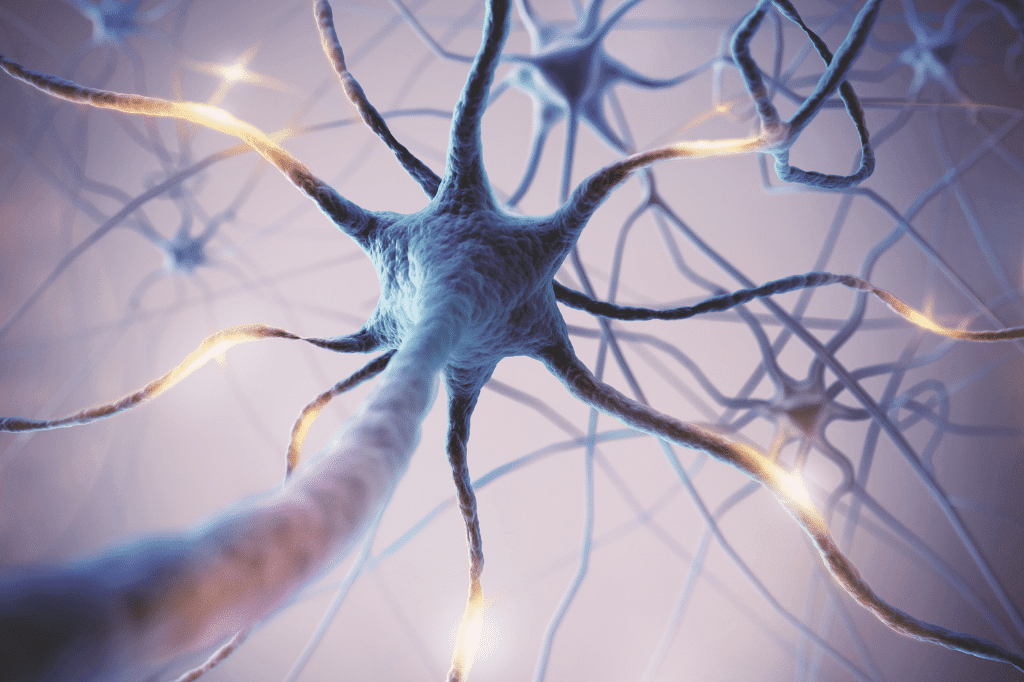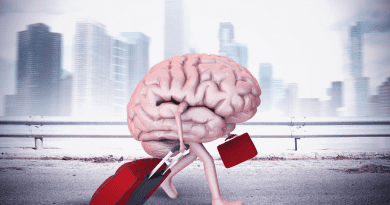The Effects of Negative Thinking on the Brain
The effects of negative thinking on the brain are more harmful to oneself than one might expect.
How much of your thinking is positive and how much is negative?
Pessimism doesn’t only affect emotional health.
In fact, people with high levels of negativity are more likely to suffer from degenerative brain diseases (Alzheimer’s disease which has no cure) and health problems. They will even recover much slower from sicknesses than someone who is positive.
Likewise, the habit of prolonged negative thinking can diminish the brain’s ability to think, reason, and form memories.

Types of Negativity
Consequently, negativity can come in many different ways.
- 1. Polarized Thinking. The belief if something or someone is not perfect, it or they must be horrible.
- 2. Assuming there will always be a reward for hard work and sacrifice, and if the reward doesn’t come, you become bitter and depress.
- 3. Jumping to bad conclusions. Assuming something bad, which is usually false, will happen from the present circumstances.
- 4. Thinking if people or circumstances change, you can be happy.
- 5. Filtering out the good. Noticing only the bad from happy experiences or memories.
- 6. Cynicism. Distrust of people and their motives.
- 7. Catastrophizing. Believing disaster is inevitable.
- 8. Blaming. Constantly blaming others and feeling like a victim in every life’s uncontrollable events.
- 9. Emotional reasoning. Using your emotions to define what is real and not.
- 10. Hostility. Unfriendliness or unwillingness to develop relationships.

How does Negativity Affect the Body
Negative thoughts and emotions are natural responses to disaster and heartache, but long constant negativity can cause serious health problems.
Some common effects of negativity include depression, anxiety, drastic changes in metabolism (overeating or under-eating), fatigue, headache, chest pain, upset stomach, and social withdrawal.
Prolonged negativity can also make an individual more likely to turn to smoking or substance abuse as a way of coping.

Change your Thinking
Our brains get good at what they do, and when we do a lot of negative thinking, we wire our brains to be good at producing negative thoughts.
The brain would get good at seeing things in a negative way because negative thoughts create new neural pathways in the brain. This way of thinking can become the default when we think negatively a lot.
A common byproduct of negative thinking is stress, which leads to more negative thinking.
The effects of negative thinking on the brain can stop us from reaching our highest potential in life. Therefore, it is good to keep it under control.

Overcome Negativity to Change your Life
In conclusion, studies have shown that optimism is more of a choice and habit than influenced by circumstances. Here are a couple of ways to overcome negativity.
- 1. Learn to recognize what is real and what is not.
- 2. Live in the present. Try to focus on the moment, and avoid thinking of past mistakes and future fears.
- 3. Be positive. Positivity is a habit, so surround yourself with activities that cultivate happy thoughts like hobbies and spending time with positive people.
- 4. Turn negativity into positive action. Negative emotions and thoughts is unavoidable, but positive thinkers can turn those negative statements into positive actions. For example, when a positive thinker notice that they gained a bit of weight over the holiday season, they don’t dwell on their appearance, but uses it as motivation to live healthier.
- 5. Spend time with uplifting people. Humans are social creatures and negativity is contagious. It’s good to develop a healthy network of family and friends that can help you be positive.
- 6. Speak positively. Go a whole week without saying anything negative to anyone. If you relapse, start the week over again.

Like these quotes? Get more daily on your newsfeed at the Undefeated Motivation FB page or Undefeated Motivation IG page.




